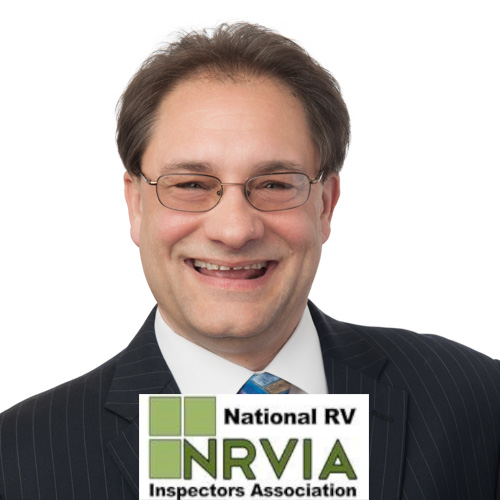Electricity 101 – Part 2: 12V DC versus 120V AC
Let me prefix this with “It Depends”, now electricity itself is mostly hard and fast rules BUT when it comes to RVing, some things are not, take for example: Refrigerators, they come in various modes of operation, 120v AC models(think is “normal” electricity like in a house”, 12v DC models(they work on batteries only), propane only models and some are various combinations (like 120 V AC or propane).
So the “It depends” thing, depends on what you have in your RV, so please keep this in mind when thinking about your RV.
Back to Electricity, there are two electrical systems in your RV, 12V DC (battery power, converter) and 120 V AC(commercial power/generator/inverter <- we will talk about this stuff in a later post.
12v DC (Direct Current)
12V DC, you have one or more batteries in your RV, we will concentrate today on just single battery operations, in the future we will talk about about multiple battery setups,(series/parallel hookups, 6V vs 12V, etc).
So to keep this simple, let’s pretend a single battery is in your RV. It has two poles, positive(+) and negative(-). Be careful when working with batteries, don’t have anything touch both poles at the same time, that include you, now some people will say, “i’ve touched both poles for year without any problems”, yep and then you get someone with heart issues which could kill them, so be safe when messing with electricity.
So what runs on that battery, 12v DC?
Here is a short list of items, keeping in mind the “It Depends” phrase above:
- Refrigerator (some needs 12v only, some need it for the control board, some need it to be able to light propane)
- Furnace (running on propane, needs it for fan to spin, light propane and control board).
- Ceiling Fans
- Water pump
- Water heater (running on propane, needs it to light propane and control board).
- Inverters(which we will talk about in a later post)
Now you might have some or all of those things on 12v DC battery power.
120v AC (Alternating Current)
Next let slightly delve into 120v AC.
What items do you have that run on “shore/commercial” type power?
- Microwave
- Refrigerator
- Air Conditioners
- Converters(which we will talk about in a later post)
Fuses versus Breakers
Now you have one or potentially two places for fuses and breakers.
Fuses are usually one time use items and handle 12v DC, aka battery circuits, they come in multiple sizes and amperages. Most importantly, if a fuses is always tripping,
DO NOT REPLACE IT WITH A HIGHER AMPERAGE ONE. YOU CAN CAUSE A FIRE IF DOING THAT. Meaning if there is a 15 Amp fuse in a spot, DO NOT REPLACE IT WITH A 20 Amp one. You need to find out why it is blowing.

Breakers are usually resettable in the event they trip and handle 120v AC. As you can see below, there are various amperages also in breakers for 120v AC.

That is enough for today, as always, my contact info is at the top of the page in the header.

